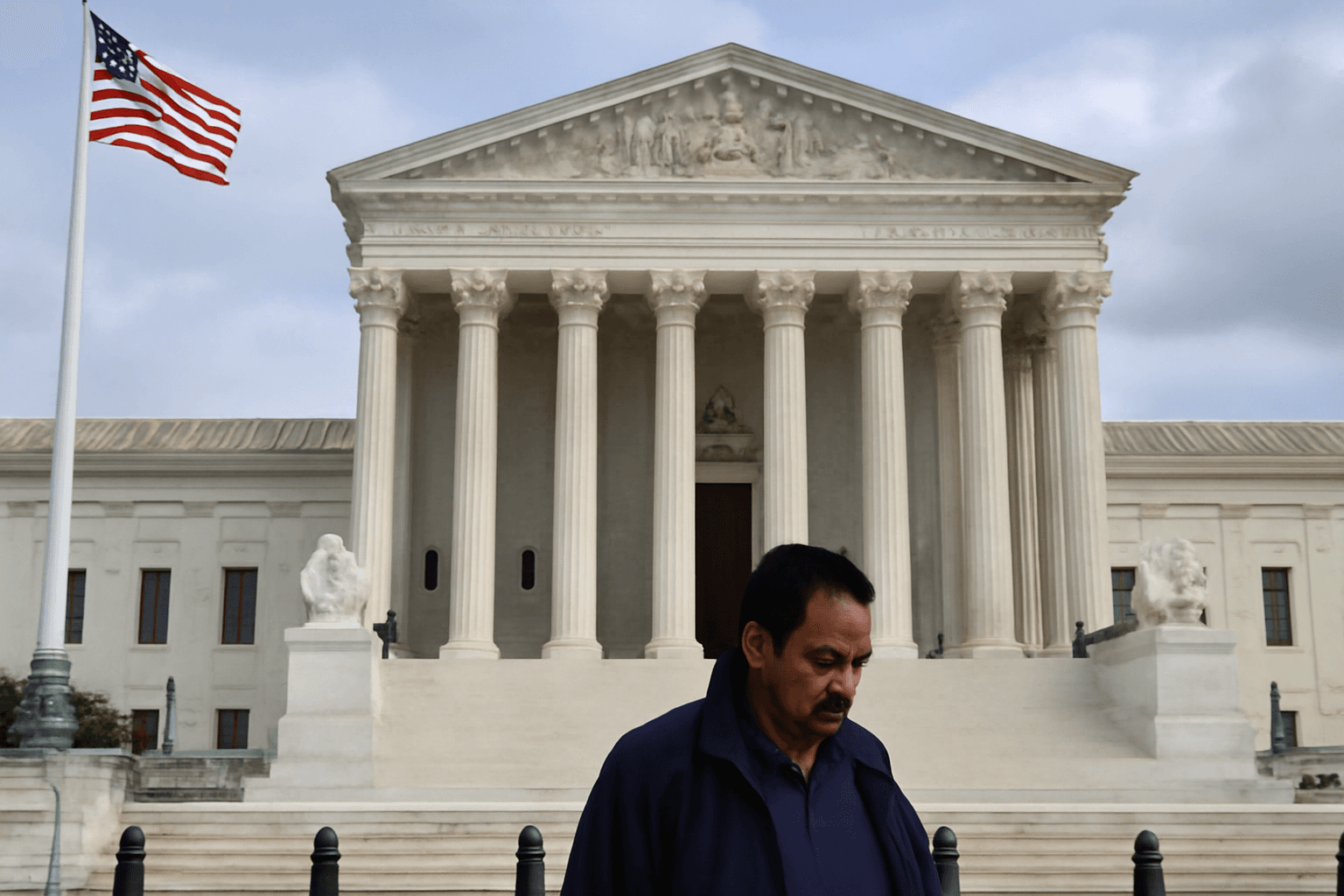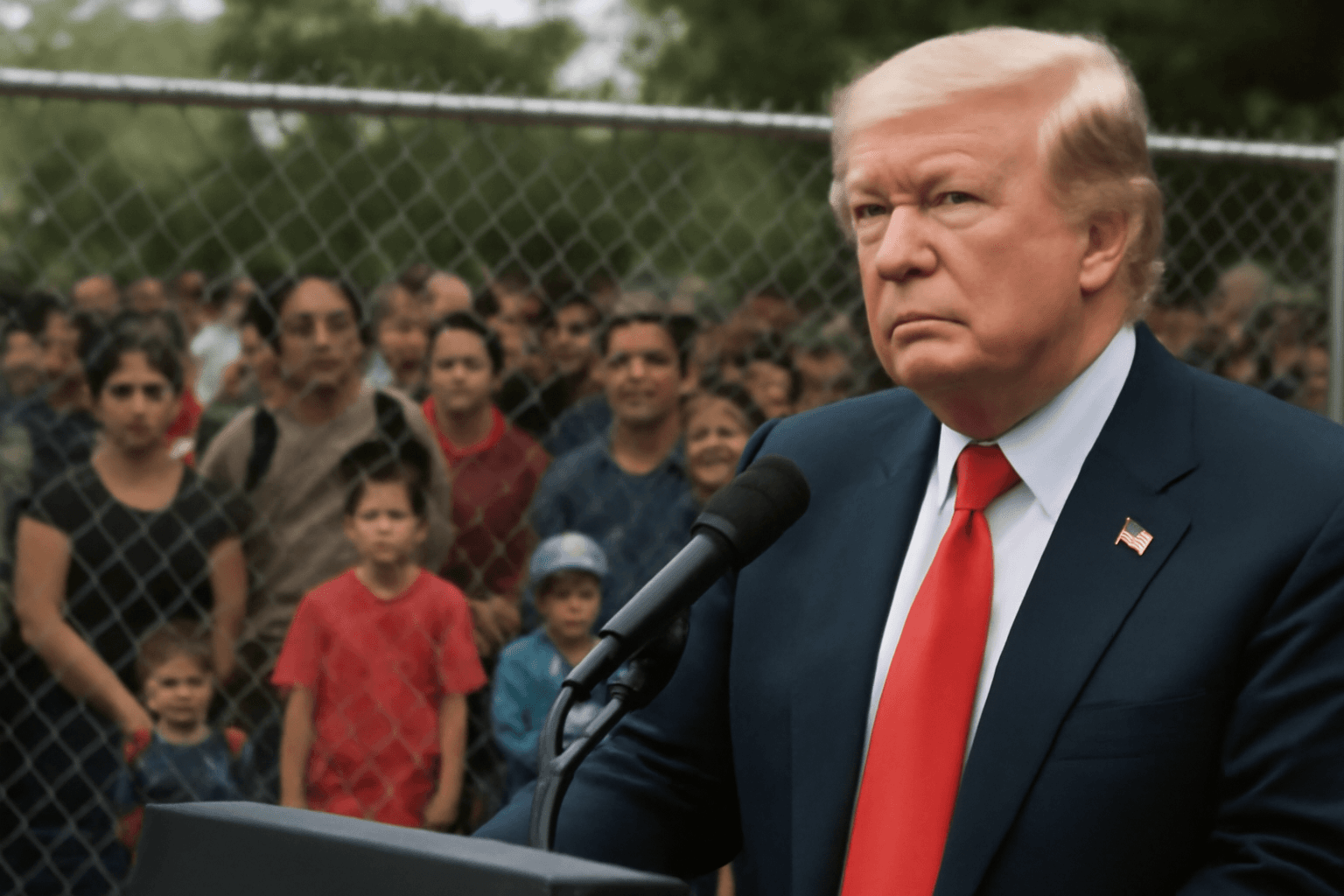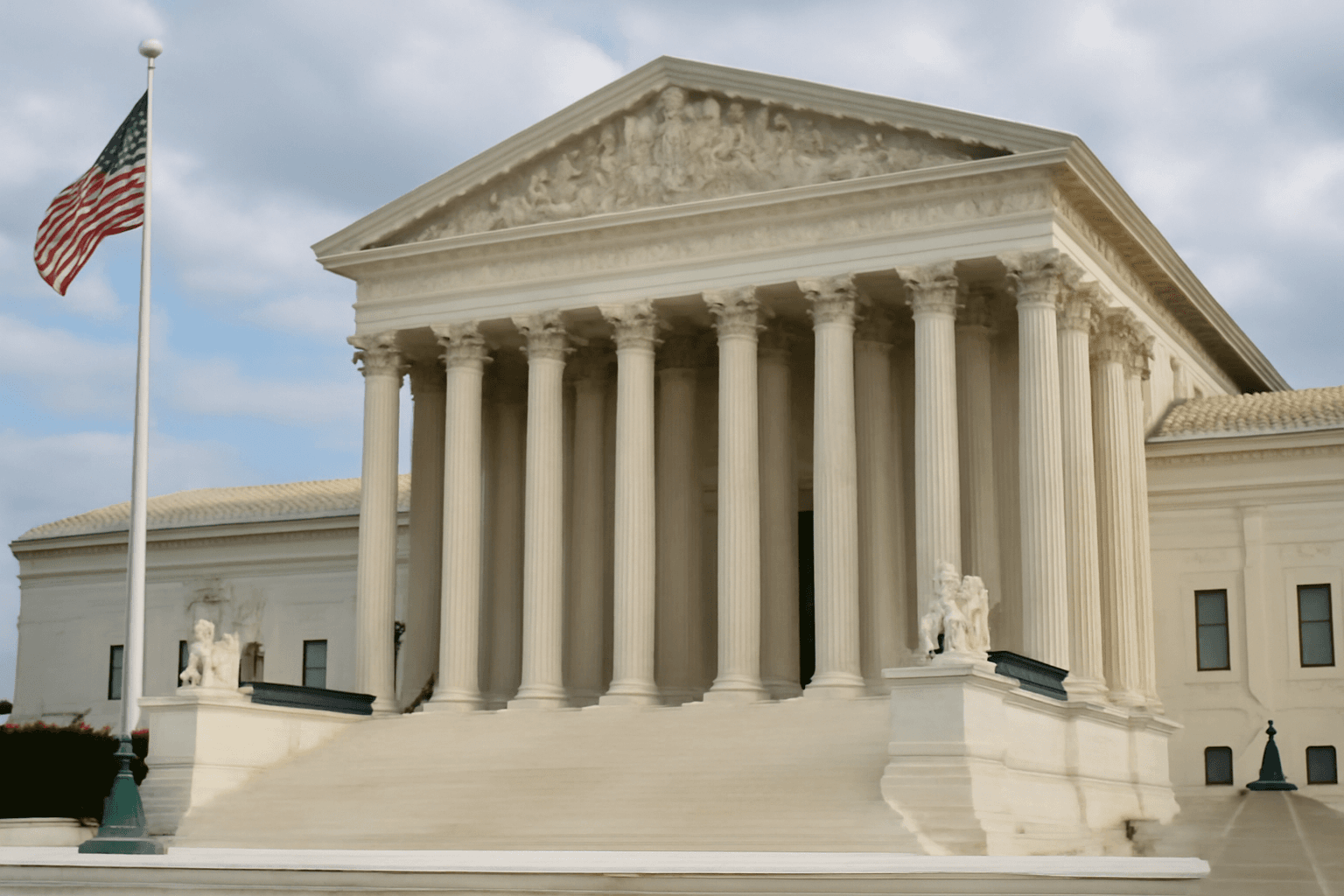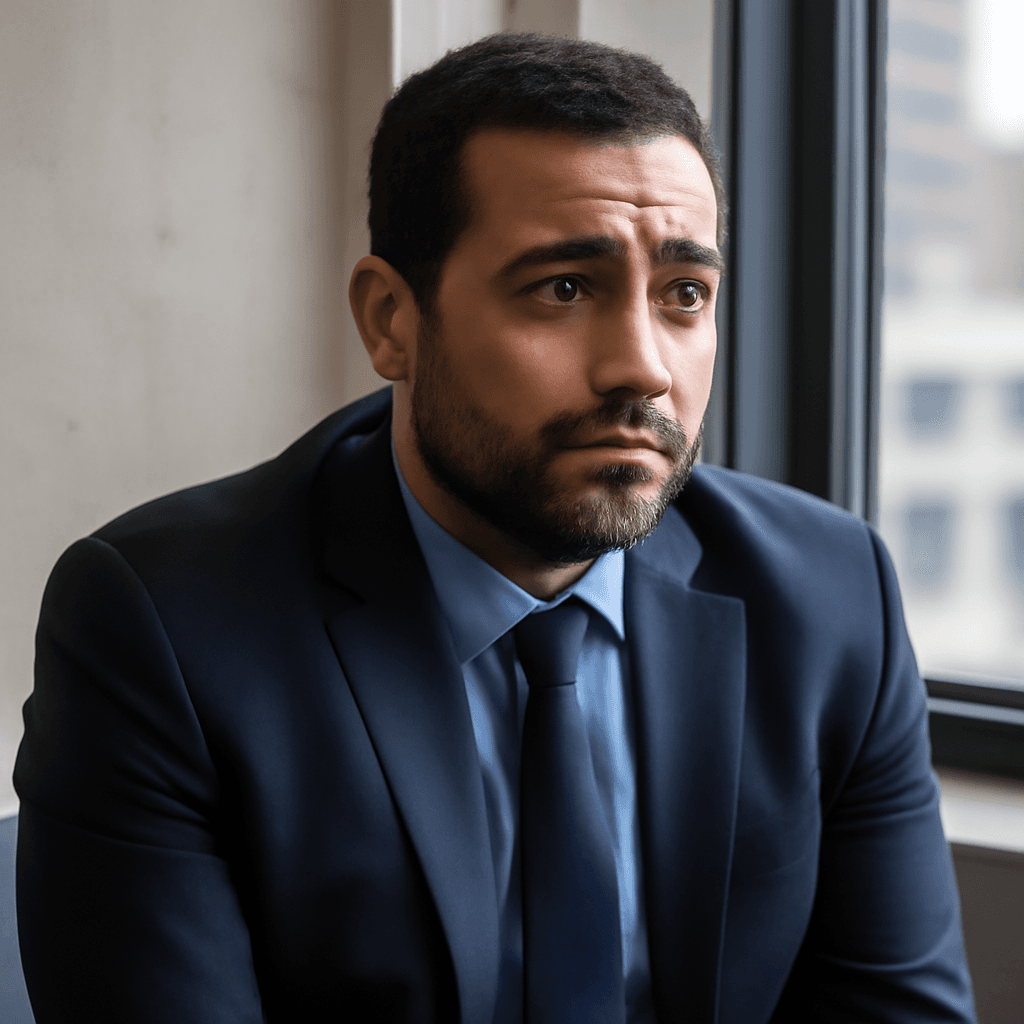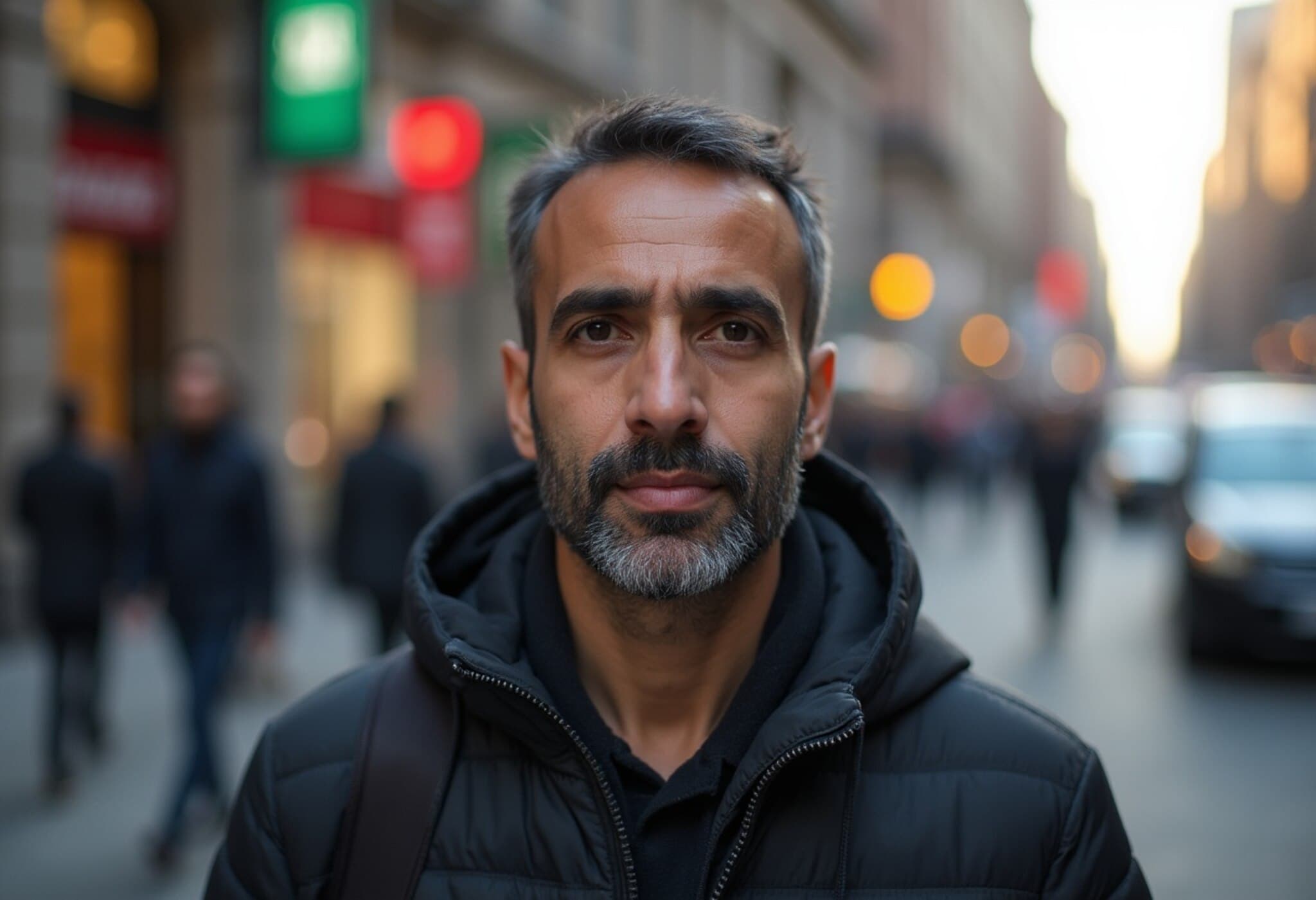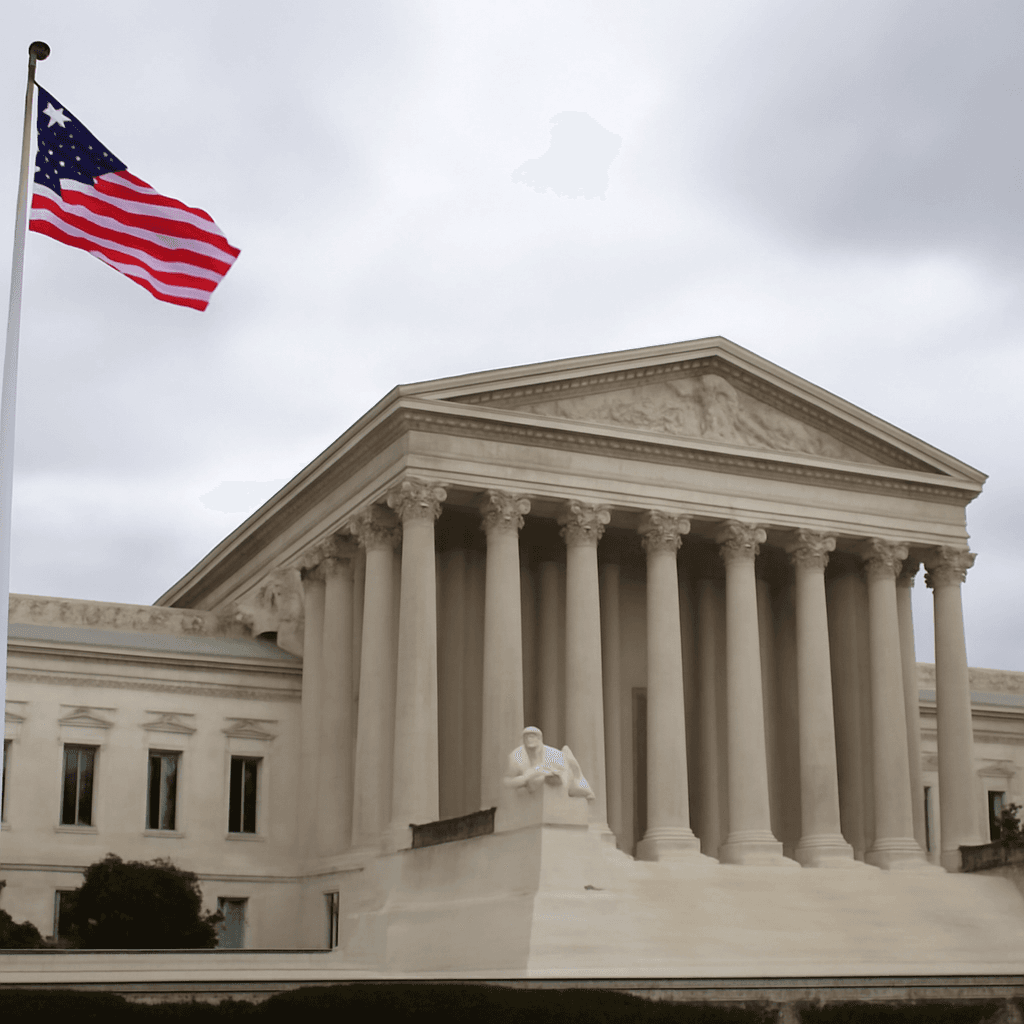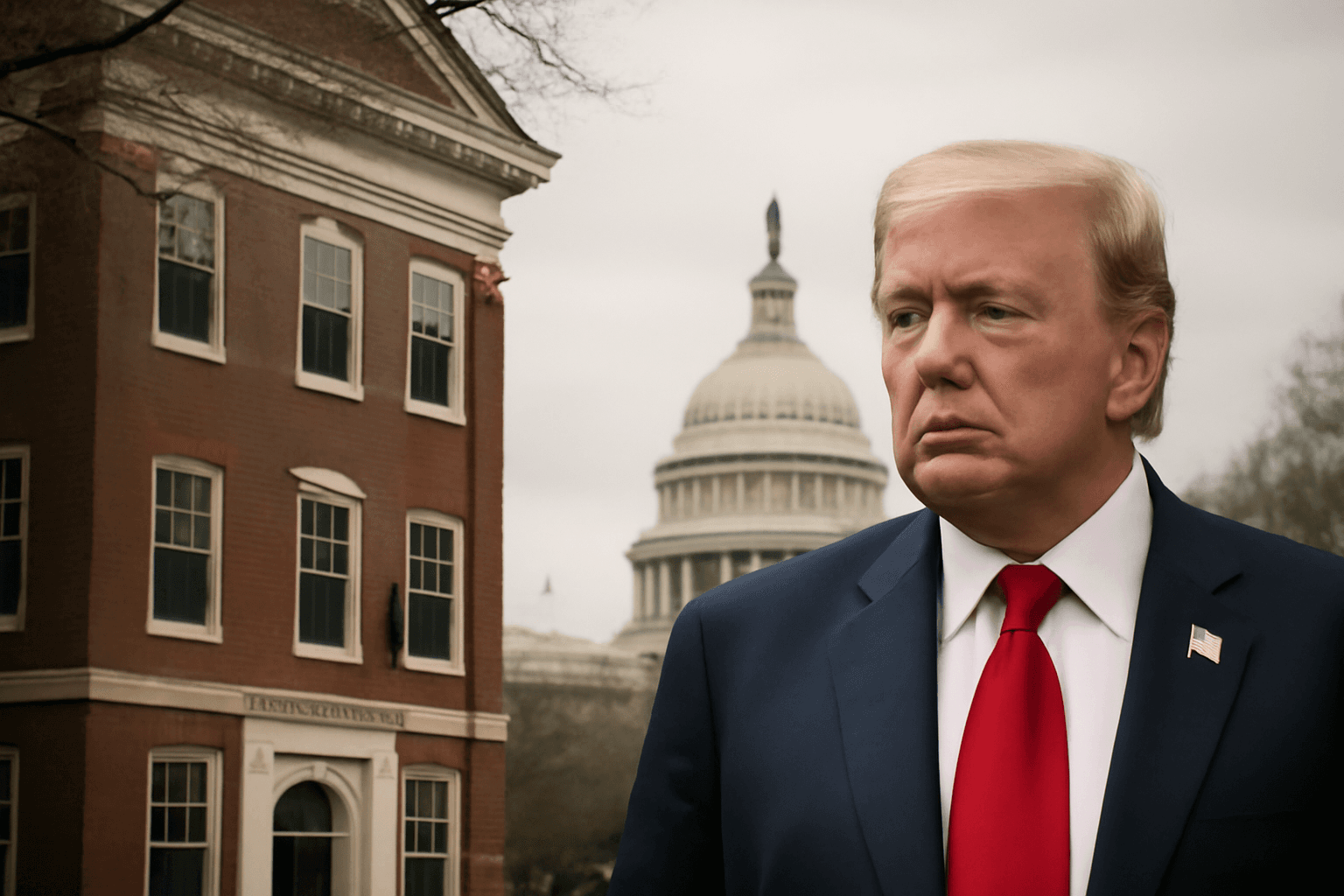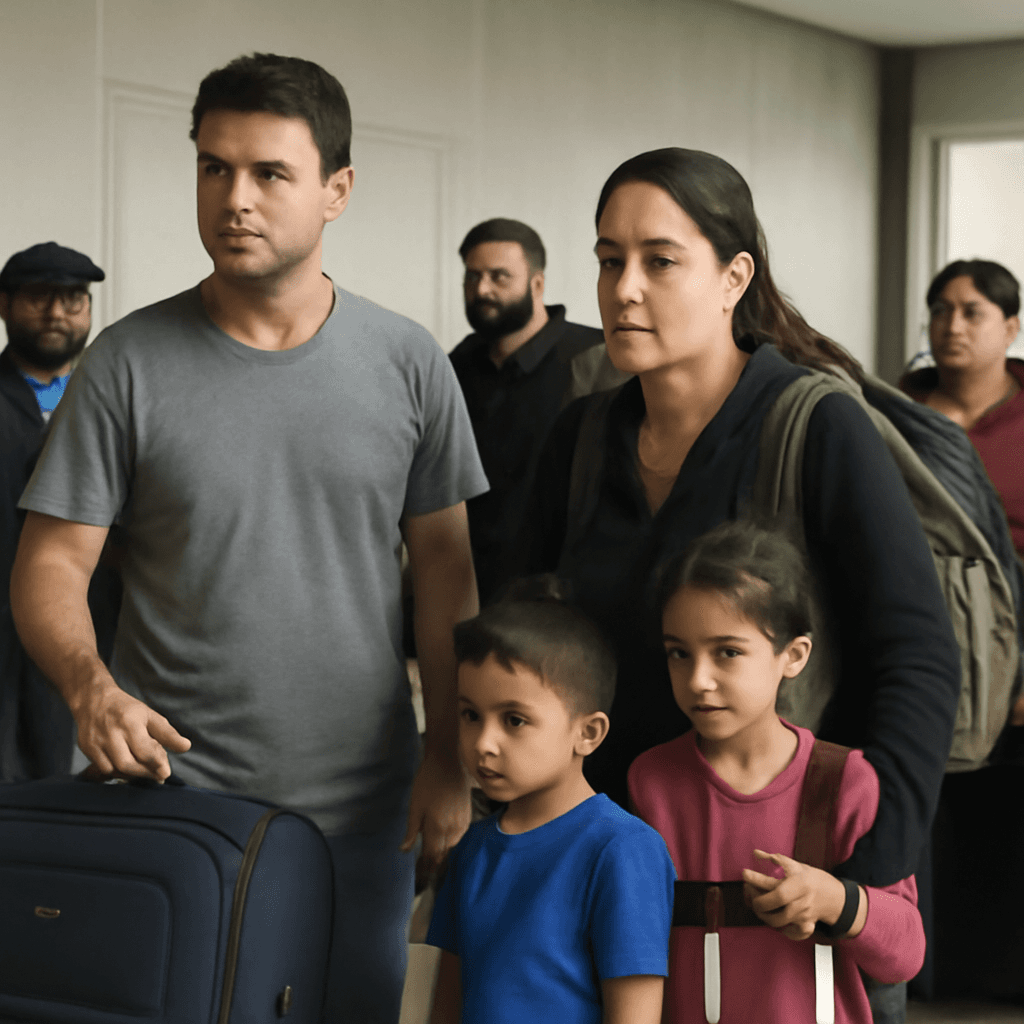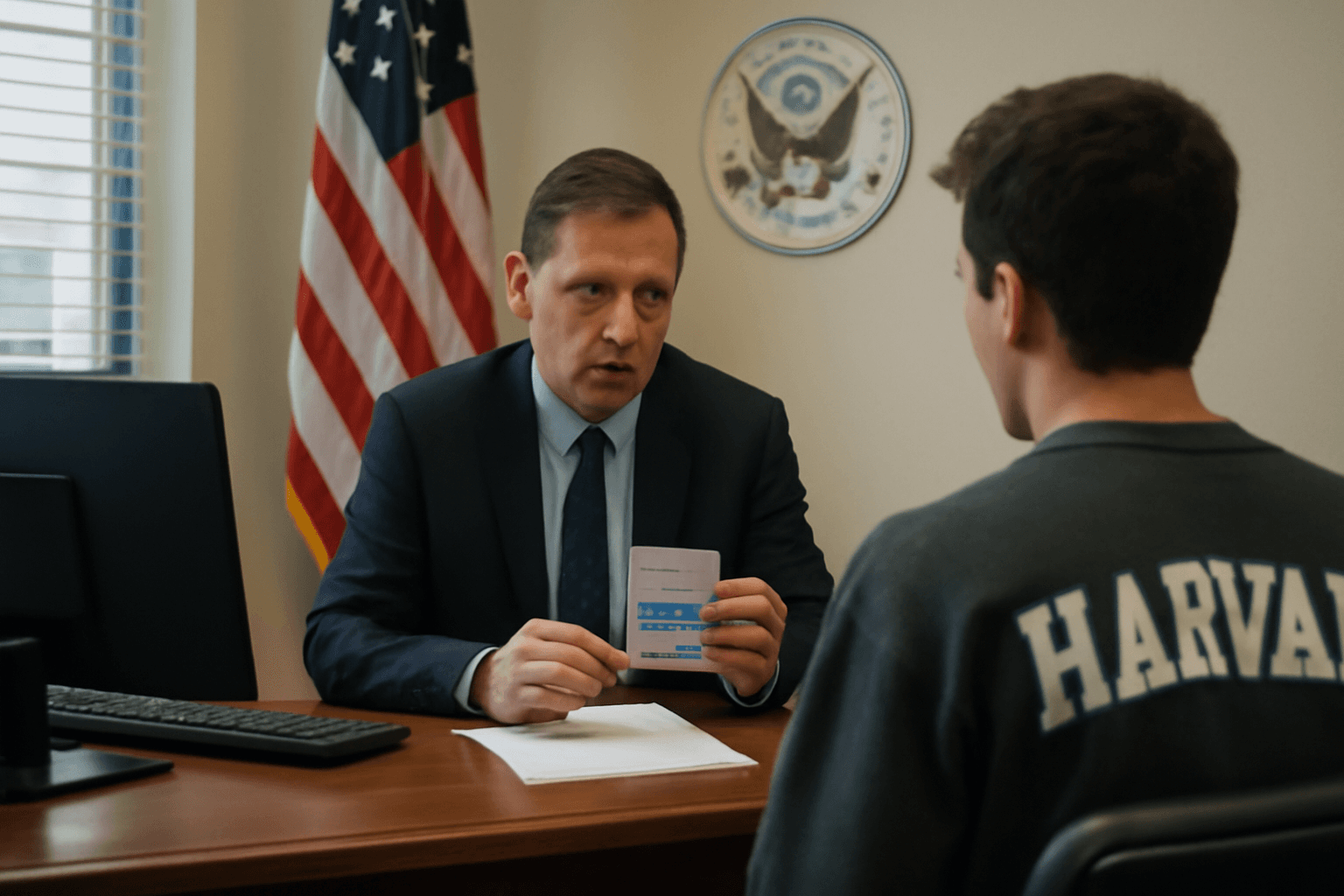The US Supreme Court has authorized the federal government to proceed with ending temporary legal protections for over 500,000 migrants from Cuba, Haiti, Nicaragua, and Venezuela. This decision potentially affects nearly one million migrants across various nationalities.
By lifting a lower-court injunction that had blocked the termination of the humanitarian parole program, the Supreme Court has cleared the way for the revocation of protections that were originally extended under a policy allowing migrants to stay temporarily in the United States. The program permitted up to 30,000 individuals per month from the specified countries to enter the US legally for two years, requiring a financial sponsor and self-funded travel.
This ruling follows an earlier decision this month where the Court permitted the government to deport approximately 350,000 Venezuelan migrants, marking a significant rollback of immigration protections established during the previous administration.
The Supreme Court issued the order without detailed explanation, a common practice with emergency filings. Justices Ketanji Brown Jackson and Sonia Sotomayor dissented, highlighting concerns about the severe humanitarian impact on the affected migrants.
The Trump administration appealed after Federal Judge Indira Talwani of Boston blocked the termination, citing that an abrupt end to the program would force many to either leave the country or face deportation without due process. The administration argued that reviewing each case individually would be impractical, labeling it a “gargantuan task” that could hinder deportation efforts.
Additionally, other groups covered under humanitarian parole, including Afghans, Ukrainians, and Central American children, are also affected by this decision. The Biden administration had broadly utilized this parole authority since its inception in 1952, more extensively than predecessors.
Homeland Security Secretary Kristi Noem rescinded an 18-month extension of parole protections, giving migrants 30 days to depart unless protected by other immigration statuses. Advocacy organizations have described this as the largest mass loss of legal status in modern US history.
While this Supreme Court order is not a final ruling on the case, it lifts protections during ongoing litigation. The matter now returns to the 1st US Circuit Court of Appeals in Boston for further proceedings.


